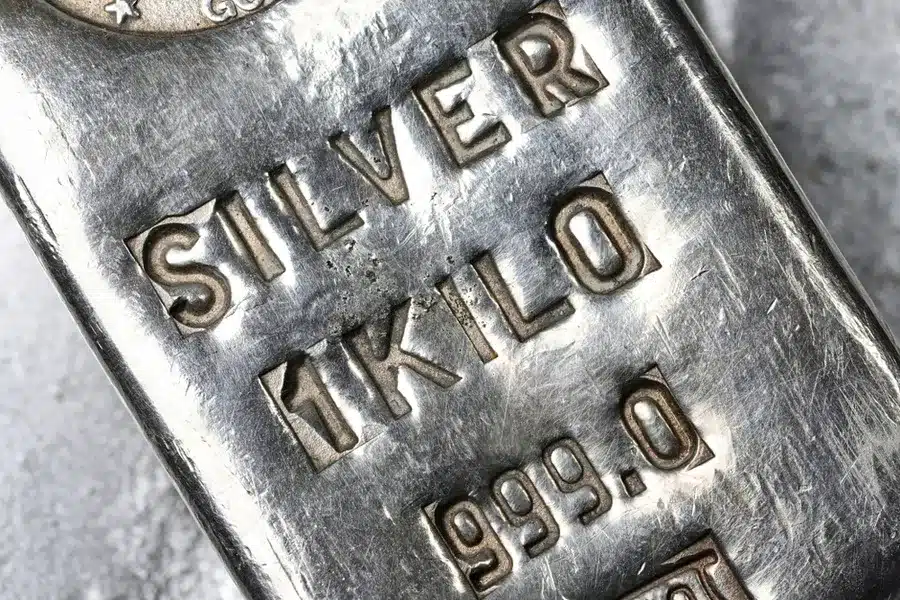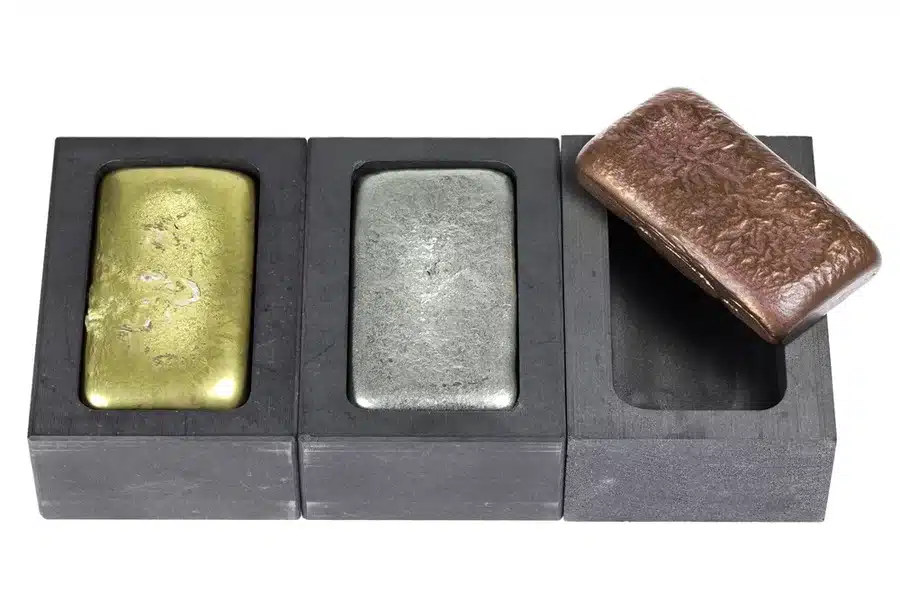Summary:
- A silver IRA lets you invest in physical silver for retirement
- Offers tax advantages like deferment or tax-free growth
- Requires an IRA custodian and approved storage
- Helps diversify and hedge against inflation
- Includes setup, storage, and transaction fees to consider
When building a retirement plan, diversification is key. Many investors look beyond traditional stocks and bonds to include physical assets like precious metals. One increasingly popular option is a silver IRA. But what is a silver IRA, and how can it enhance your retirement strategy?

Understanding a Silver IRA
A silver IRA is a type of self-directed individual retirement account (IRA) that allows you to invest in silver and other IRS-approved precious metals. Like other IRAs, a silver IRA offers tax advantages and can be used as part of your long-term retirement savings plan.
Instead of holding paper assets like mutual funds or stocks, a silver IRA involves holding physical silver that meets specific purity standards set by the IRS. These accounts are typically managed by specialized IRA custodians who are experienced in handling precious metal IRAs.
How a Silver IRA Works
Opening a silver IRA starts much like setting up any IRA investment. Here are the basic steps:
- Choose a Custodian: You’ll need to work with an IRA custodian that specializes in precious metals. These custodians manage the paperwork and ensure compliance with IRS rules.
- Fund the Account: You can roll over funds from an existing IRA, 401(k), or another retirement account, or make annual contributions within the set limits.
- Buy Silver: Once your account is funded, you can begin investing in a silver IRA by purchasing IRS-approved silver bullion or coins.
- Secure Storage: The physical silver is held in an approved depository. Account holders cannot take possession of the silver while it’s in the IRA.
Why Consider Investing in a Silver IRA?
Silver IRAs offer several potential benefits for long-term investors looking to safeguard their retirement savings:
Tax Advantages
- Tax Deferment: Contributions to a traditional silver IRA may be tax-deferred, meaning you won’t pay taxes until you begin withdrawals.
- Tax-Free Growth: If you opt for a Roth version, your silver investment can grow tax-free, provided certain conditions are met.
Portfolio Diversification
Adding silver to IRA accounts provides a hedge against inflation and market volatility. Precious metals tend to perform well during times of economic uncertainty, making them a smart addition to many retirement plans.
Physical Asset Backing
Unlike stocks or bonds, a silver IRA account holds a tangible asset. This offers a level of security that paper assets can’t match, especially during economic downturns.
Rules and Requirements
Before jumping in, it’s essential to understand self-directed IRA rules as they apply to silver IRAs:
- Purity Standards: Silver must meet a minimum purity level of 99.9% to qualify.
- Approved Storage: You cannot store the silver at home; it must be held in a certified depository.
- Prohibited Transactions: The IRS has strict guidelines on what counts as a prohibited transaction. For example, you cannot buy silver from yourself or a disqualified person, such as a spouse or family member.
- Annual Contribution Limits: These are the same as for other IRAs. As of 2025, the limit is $7,000 per year ($8,000 if you’re age 50 or older).
What’s The Current Price of Silver? Look here.
Costs and Fees
Silver IRAs come with specific fees that traditional IRAs may not:
- Setup Fees: Charged by the IRA custodian when opening the account
- Storage Fees: Ongoing costs for keeping your silver secure in an approved facility
- Transaction Fees: Fees related to buying and selling silver within the IRA
Be sure to compare providers and read the fine print. A financial advisor can help assess whether the benefits outweigh the costs for your situation.
Is a Silver IRA Right for You?
Investing in a silver IRA can be a powerful way to add diversity and stability to your retirement portfolio. However, it’s not for everyone. Here are a few things to consider:
- Are you comfortable with holding physical assets?
- Do you want to hedge against inflation or geopolitical risk?
- Can you afford the extra fees?
- Are you planning to invest long term?
If you answer yes to most of these questions, a silver IRA could be a smart addition to your retirement savings.
The Bottom Line
So, what is a Silver IRA? It’s a flexible, self-directed investment account that allows you to hold physical silver and enjoy the tax advantages of an IRA.
With proper planning and guidance from a financial advisor, investing in a silver IRA could provide both stability and growth potential in your retirement plan. Whether you’re looking to hedge against inflation or simply diversify your IRA investment, silver IRAs offer a unique solution for forward-thinking investors.




